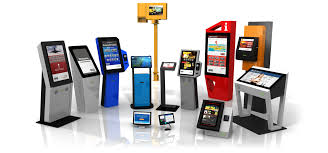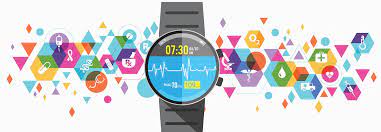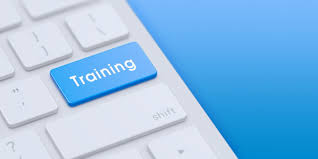Noting from studies how easily AI-powered chatbots can be manipulated to craft convincing phishing emails.
Connected care in the home has the potential to address both the preferences of older adults and the societal imperative to care for a rapidly growing aging population
A practical guide to understanding autonomous AI agents, why they matter for healthcare governance, and what to do about them.
The growing ecosystem of devices and products serving peoples’ health and well-being shows us that innovators already see the opportunity to serve the fast-growing market for self-care among people 50 years of age and up.
For nearly twenty years, one thing has felt inevitable: when boomers reach “old age,” senior living demand will surge. And yet ..

 The AARP survey of ‘Jobs to be Done’ by AI shows readiness for health-related AI. Health-related opportunities were cited – medication tracking, personalized wellness guidance, and active living reminders. At the same time, the report asserts that adoption depends on trust, customization and integration into day-to-day life. What stands between
The AARP survey of ‘Jobs to be Done’ by AI shows readiness for health-related AI. Health-related opportunities were cited – medication tracking, personalized wellness guidance, and active living reminders. At the same time, the report asserts that adoption depends on trust, customization and integration into day-to-day life. What stands between  January 2026 marks a notable milestone for senior care. In a few weeks, the oldest baby boomers begin to turn 80-- with a
January 2026 marks a notable milestone for senior care. In a few weeks, the oldest baby boomers begin to turn 80-- with a  You know the experience. You walk into the lobby of a medical practice, and the sign tells you to sign in at the kiosk. You drop your license in the slot – but the software is having a down day, and so a person emerges from behind the glass to debug it. Meanwhile another person checks you in. So their time savings from the device evaporate. The irritation of the patients trying to sign in grows – one announces how much he hates technology.
You know the experience. You walk into the lobby of a medical practice, and the sign tells you to sign in at the kiosk. You drop your license in the slot – but the software is having a down day, and so a person emerges from behind the glass to debug it. Meanwhile another person checks you in. So their time savings from the device evaporate. The irritation of the patients trying to sign in grows – one announces how much he hates technology. Strength-related tech for stronger women? With all of the digital health startups and corresponding
Strength-related tech for stronger women? With all of the digital health startups and corresponding  An
An